You Do Not Have to Be Rich to Own Your Decisions
Once you are out on your own, there is no one in charge of your life more than you are. When you are growing up your parents, teachers, and coaches are there to guide you towards the best path to take. The greatest challenge I have had in the past few years is talking charge of my own life’s path and not letting it be determined by the expectations of others. Finances follow the same rule. If you don’t take control of your money, no one else is going to step in and help you. The longer you put off dealing with your financial situation, the worse it can get. While you may have others to blame for your current debt or burdens, going forward you need to take ownership of your life.
Here are three steps to take ownership of your money problems and start to solve them immediately.
Forgive & Forget
There are many events that culminate in where you are at in your life financially.
- Taking the extra year or two to finish college putting you deeper in debt.
- An impulsive spending habit that leaves you with credit cards to pay off.
- A serious relationship ending badly, with a financial mess left in its wake.
- Not being able to find a job in your field after college.
Let go of whatever has gotten you to this breaking point.
"You are today where your thoughts have brought you; you will be tomorrow where your thoughts take you." - James Allen
Forgive anyone who may have done you wrong, including yourself. Put all of the pain, mistakes, and regrets behind you. When you want to create a new direction for your financial life you need to let bygones be bygones.
Take an Inventory
The best way to figure out what needs to be done is to make a financial map of all your money. You can do this by determining your net worth or just creating a visual diagram to keep track of all the different places you have (or owe) money. Wrap your head around the fact that wherever you are right now in your life does not need to be where you are in one, five or ten years from now.
Look up all of your bank account balances, determine how much you owe on your credit cards, and figure out the amount left on your loans. Figure out where all of your money is so you can figure out what area to tackle first.
Determine Next Actions & Do Them
When you see all of your different financial balances laid out in front of you, there will most likely be some immediate actions you can think of. Write these actions down. Whether the task is small or big, completing even baby steps will be positive progress towards your goals.
Don’t just write down some “to do’s” and put them off till later though. Go and pay off some of your debt. Refinance your mortgage. Call your credit card company and ask for a lower interest rate.
Go do something right now to improve your finances.
